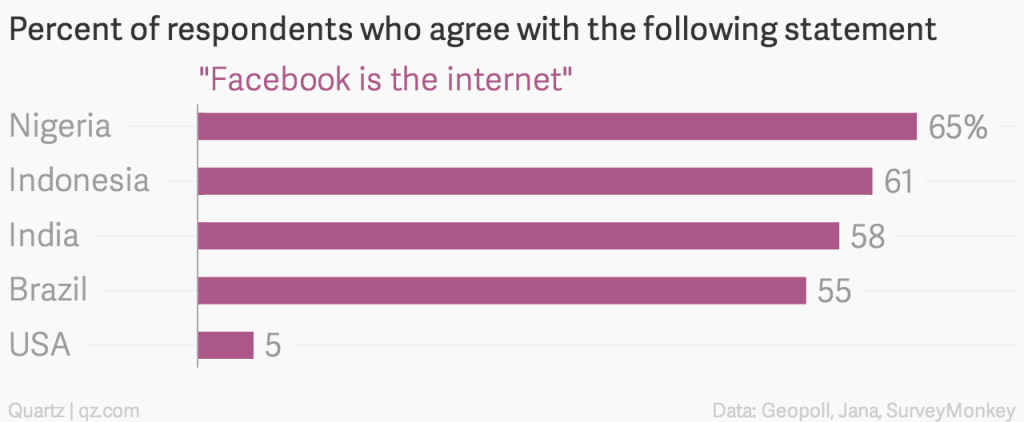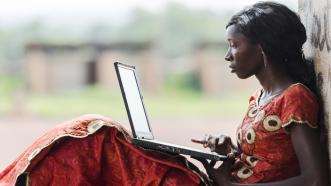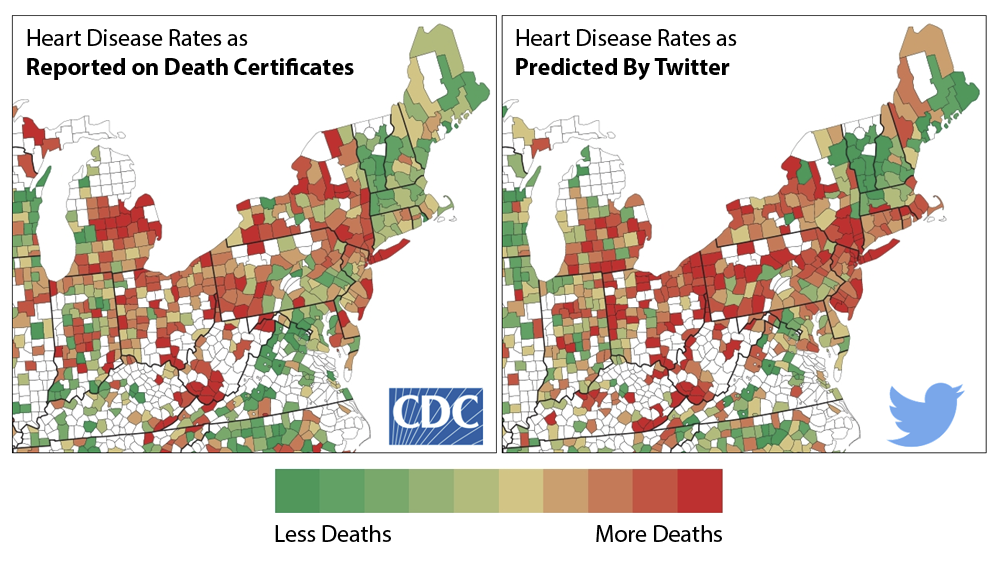With a focus on innovation, transparency and citizen empowerment, The Indigo Trust also supports development outcomes in health, education and other arenas.
Established in 1999, The Indigo Trust is a UK-based grant-making foundation that funds technology-driven projects to bring about social change in Africa.
With a focus on innovation, transparency and citizen empowerment, The Indigo Trust also supports development outcomes in health, education and other arenas.
Their Executive, Dr Loren Treisman, told nuviun about their involvement in the digital health domain and how wider digital and tech trends may soon impact on this space.
The on-going importance of SMS
With smartphone take-up across Africa still pretty low, SMS remains a powerful tool for communication across the continent.
“Increasingly, citizens are able to report problems in health service delivery via SMS or through platforms like Facebook and Twitter,” Treisman says, and “these platforms are likely to become more common,” she observes.
Nonetheless, cultural, financial and technical barriers need to be overcome if this technology is to reach its full potential.
“Challenges,” Treisman comments, “include data costs, language and literacy barriers,” as well as “a lack of belief that their complaints will be heard.”
It is against this backdrop that The Indigo Trust has supported a number of SMS-related initiatives which seek to address some of these considerations.
This includes working with the SHM Foundation to pilot the use of SMS support groups for adolescents diagnosed with HIV in South Africa, and awarding a grant to the Liverpool School of Tropical Medicine for their work on the SMS referral system to improve uptake of sexual and reproductive healthcare in Mwanza, Tanzania.
ICT and SMS can also support wider development objectives—many of which also have a health dimension—Treisman told nuviun, citing the example of how The Indigo Trust supported the Women of Uganda Network (WOUGNET) in their efforts to use ICT to report problems in service delivery.
As their website notes,
“in many government health centres drugs are often out of stock either due to delay in delivery of drugs to the health units, theft of drugs by health workers, limited number of drugs or even sending only essential drugs.”
To counteract this, the group deployed mobile phones, digital cameras and the Ushahidi data-management platform—using digital means to promote analogue benefits in the form of good governance and holding relevant authorities to account.
The power of Facebook
Traditional technologies such as SMS can also be coupled with more modern digital phenomena like social networks to provide a more holistic digital health package.
As an example Treisman highlighted to us how OneWorld created a Facebook page to inform young people about sexual and reproductive health in Senegal.
“Similar projects exist in Morocco and Nigeria,” she says, “complimented with an SMS question hotline, digital school curriculum and online counselling.”
“Using Facebook and confidential SMS and web based counselling is a great way to engage youth around sensitive issues they usually don’t discuss,” Treisman adds.
The importance of Facebook in this space was underlined further recently in an article by Leo Mirani for Quartz, which demonstrated how Facebook penetration in a number of developing countries is higher than wider internet take-up.
“Millions of Facebook users have no idea they’re using the internet,” he wrote, in an article which clearly suggested that for many online users the internet is Facebook; a conclusion that many digital health professionals need to realise.

Image via Quartz
Treisman agrees. “Many in Africa use Facebook as their first stop online,” she says, adding that “services utilising this system are likely to increase.”
The importance of mobile and local language content
“It’s hard to overstate how much mobile phones have changed the shape and form of life in Africa. Every stratum, every fibre of the fabric of life here has changed because of mobile phones,” Erik Hersman, a co-founder of Ushahidi, wrote back in spring 2013. “And the next decade promises even more,” he claimed.
In the next five years Africa is expected to see a dramatic growth in mobile internet usage, The Guardian has reported. And with adoption anticipated to grow 20-fold in the next five years—double the rate of growth in the rest of the world—we’re likely to see a lot more smartphone apps developed specifically for this market.
Nonetheless, “simple SMS based systems for basic feature phones shouldn’t be ignored,” Treisman says. After all, she observes, “in more remote regions they’re likely to be the predominant phone available for quite some time.”
Alongside this, Treisman also sees an untapped potential for “voice based services to cater for the illiterate and to language barriers” across the continent. For these groups, she suggests, there is “likely to be an increased dependency” on the provision of support via these means in the future.
One recent campaign from Sierra Leone reveals how this potential might be realised, with Media Matters for Women using Bluetooth and WhatsApp to share fortnightly broadcasts about Ebola with key contacts in a local town or village.
Meanwhile, Translators Without Borders’ 80 x 100 Project—which The Indigo Trust has also supported—demonstrates the impact that localisation can have in the digital health space, with Indigo’s funding being used for the translation and dissemination of Swahili language articles through Swahili Wikipedia.
“Existing English language medical content is constantly proofed and improved by Wikipedia’s medical team,” said TWB Program Director, Rebecca Petras, back in 2013. “The aim of the 80 x 100 Project is to make the most popular Wikipedia medical articles, on issues like HIV and polio, available in as many languages as possible.”

Image via Common Sense Advisory
Moving Forward
For all of these initiatives, awareness amongst potential users is vital.
Too often, Treisman says, “there is also a lack of marketing and promotion of such platforms and sometimes an inadequate back end to respond to problems coming in.”
This can make it difficult to assess the viability and success of particular digital health initiatives across the region.
As a result, Treisman says, “there is going to need to be an increasing amount of … integration [of digital health initiatives] into health services and national health plans of individual countries in order to ensure that mHealth interventions actually lead to systemic change at a national level.”
Open budget data, she feels, is an example of a wider tech trend which may help to make this happen, by “enabling civil society to better scrutinise where their money is going.”
“Open data,” she notes, “reduced prescription costs by millions in the UK,” and in Nigeria it was used to “Follow The Money” and unlock $5.3 million of previously promised—but undelivered—monies for healthcare remediation in Bagega. (This followed the deaths of 400 children and thousands of others becoming sick through lead poisoning as a result of poor mining practices.)
For Treisman and her team, the projects that they have supported reflect a view that digital is not the panacea to the issues they are tackling, but often one ingredient in a more holistic approach.
“People need to think beyond the tech,” Treisman counsels, suggesting instead that “integrating tech into well devised programmes with offline interventions and sufficient capacity to respond is critical.”
That’s a prescription we can hopefully all agree with.
Log in or register for FREE for full access to ALL site features
As a member of the nuviun community, you can benefit from:
- 24/7 unlimited access to the content library
- Full access to the company and people directories
- Unlimited discussion and commenting privileges
- Your own searchable professional profile



.jpg)